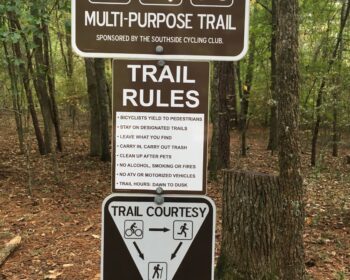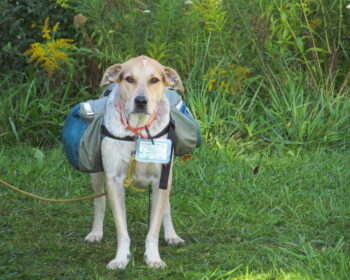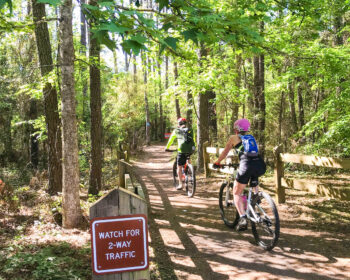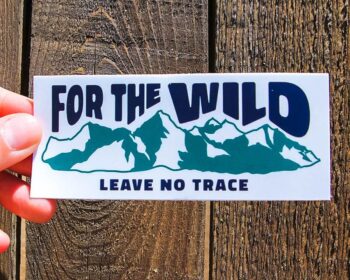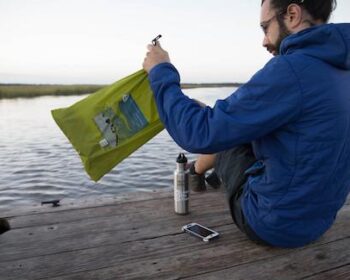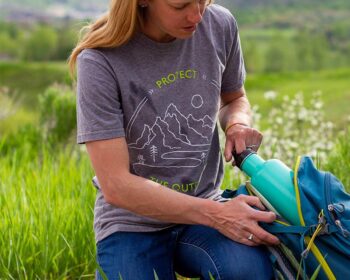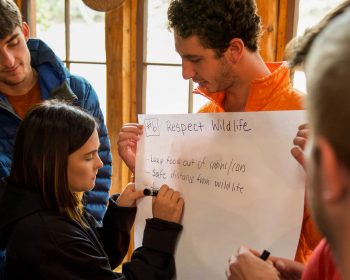Principle 7: Be Considerate Of Others
One of the most important components of outdoor ethics is to maintain courtesy toward others. It helps everyone enjoy their outdoor experience. Excessive noise, uncontrolled pets, and damaged surroundings detract from the natural appeal of the outdoors. Being considerate of others ensures everyone can enjoy nature no matter how they interact with it.
The Basics:
- Respect others and protect the quality of their experience.
- Be courteous. Yield to other users on the trail.
- Greet riders and ask which side of the trail to move to when encountering pack stock.
- Take breaks and camp away from trails and others.
- Let nature’s sounds prevail. Avoid loud voices and noises.
Practice the Skills of this Principle
Respect Others and Protect the Quality of Their Experience
We share natural spaces with other outdoor enthusiasts and people who may live and work or subsist in parks and protected areas. There is not enough space for everyone to have exclusive use of these lands, waters, picnic, and camping areas. Being kind and considerate to others outdoors helps build more inclusive spaces and allows everyone a personal connection to nature.
Every person’s relationship with the outdoors and natural world is unique and personal. Commit to working toward a world where diversity is welcome and everyone feels safe outdoors. Work towards an outdoors in which everyone is equally included, represented, and has equal access to cultivating a personal connection with the outdoors.
Be Mindful of Noise Levels
While some folks may go outside to spend time with family and friends, others may venture out to enjoy the peace of nature. Be aware of others around you and how music, phone calls, and other electronics might affect their experience. If you choose to listen to music as part of your time outdoors, wear one earbud not to disturb others but still be aware of your surroundings. In areas like campgrounds, respect guidelines around quiet hours and keep the noise down at night and early morning.
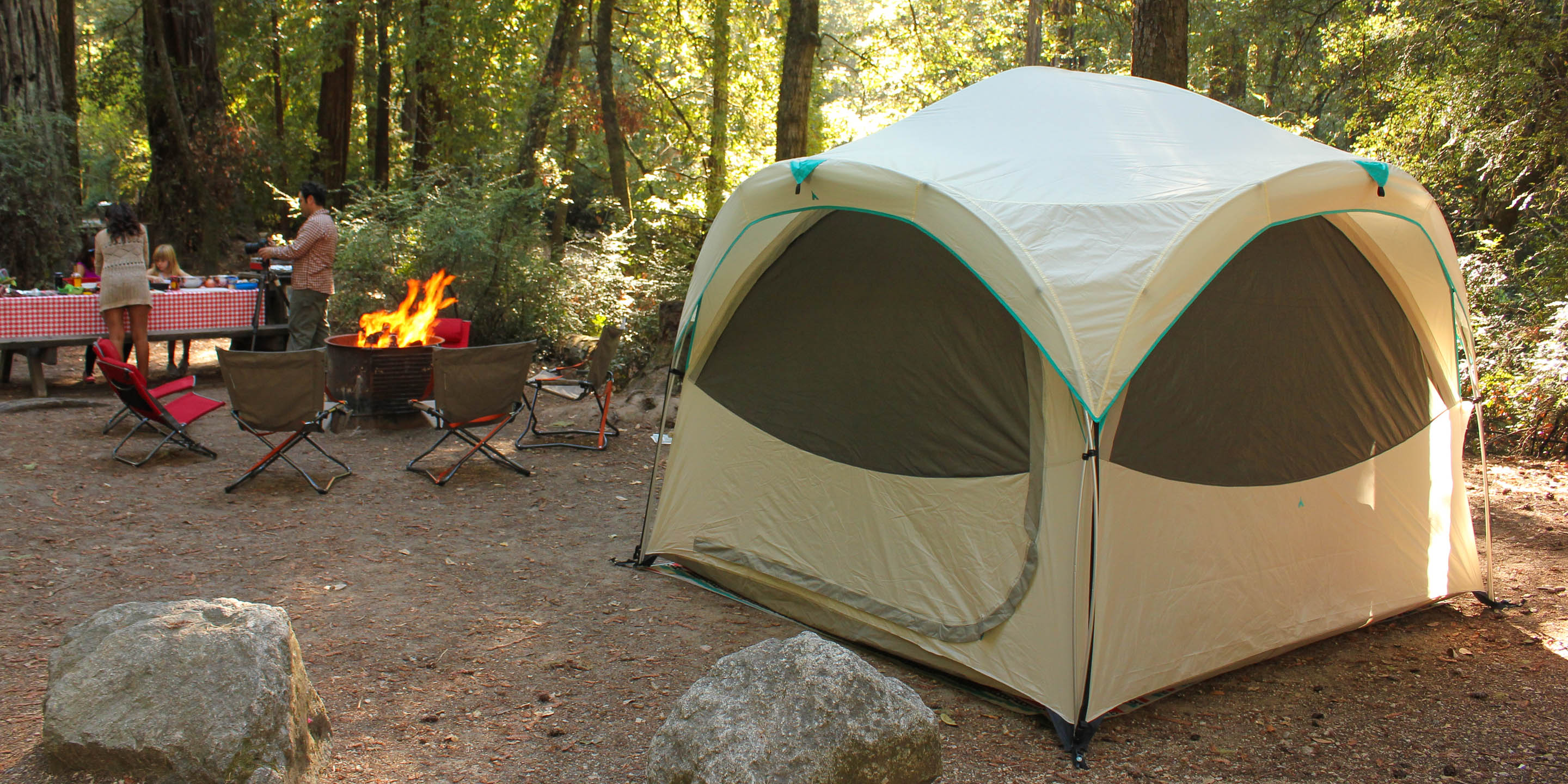
Sharing the Trail
We will likely meet other people while enjoying our time outdoors. To let others pass, step off the trail onto a durable surface such as dry grass or a rock. When hiking or running, uphill users always have the right of way. If you are a biker, always yield to hikers, runners, and equestrians. Everyone yields to people using assistive devices.
Stay in control when moving quickly on the trails, whether jogging, skiing, or riding a bike. Before passing others, politely announce your presence and pass with caution. Adaptive equipment users should stay within the pace of nearby traffic.
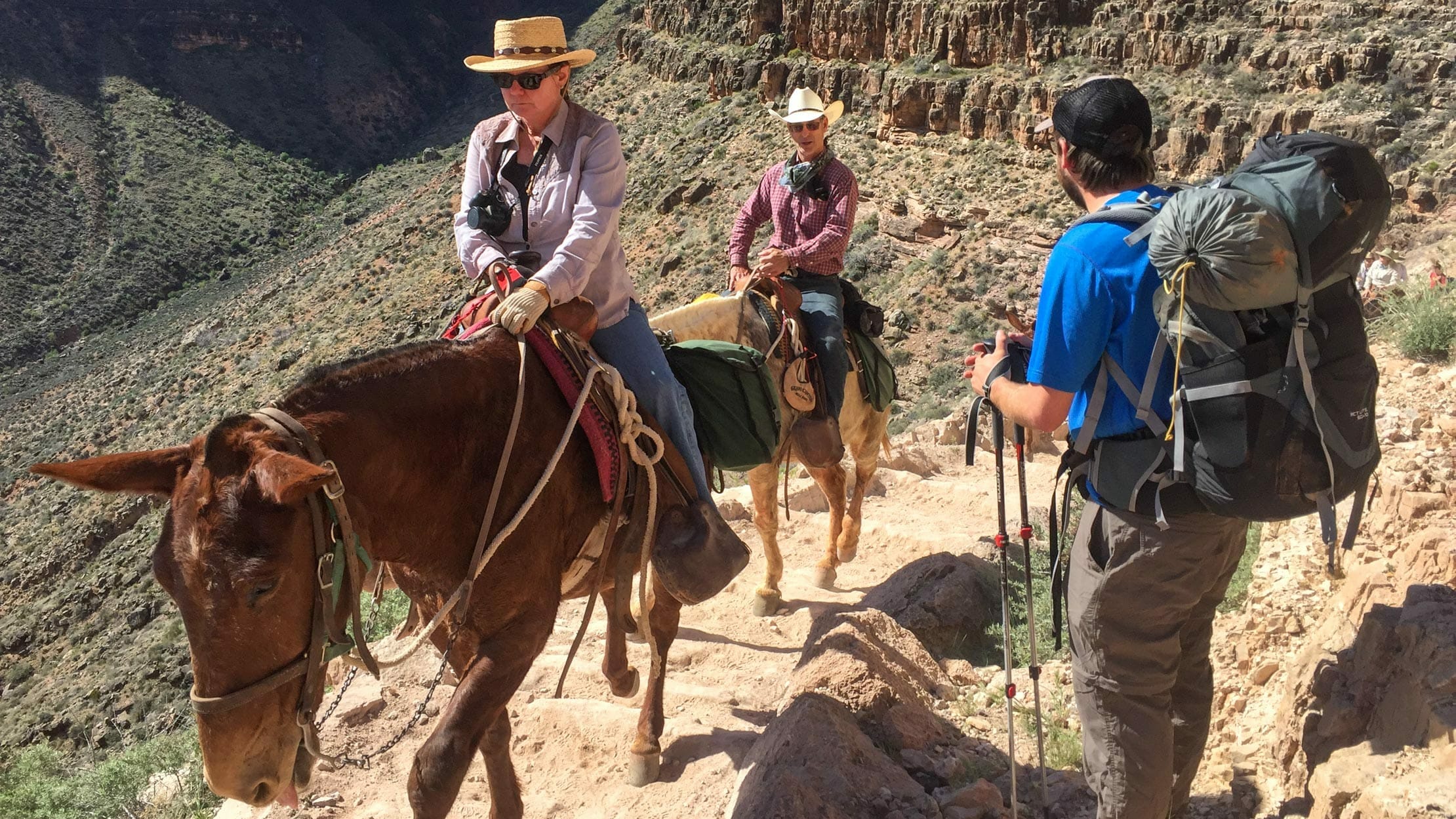
Pets
Some visitors may fear pets, be uncomfortable around them, or have allergies. Keep pets under control at all times to ensure the safety and comfort of other visitors. Please pick up dog feces from camps and trails. Pet waste can contaminate water and harm wildlife. Some areas prohibit dogs or require them to always be on a leash. Leashes help keep pets on the trail, minimize wildlife encounters, allow owners to easily find their waste, and control them around other pets and people.
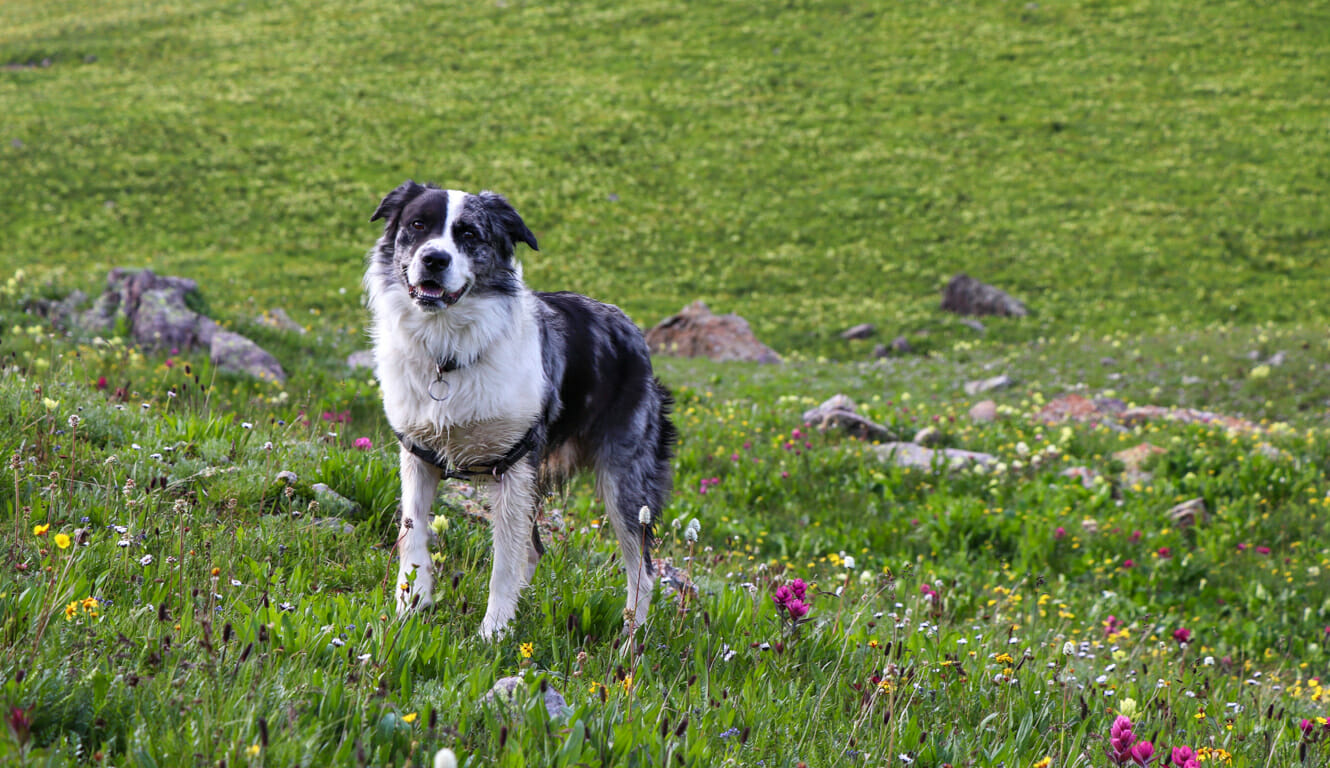
Be Respectful of Indigenous Cultures
Be respectful of Indigenous peoples whose ancestral lands we recreate on and whose communities and seasonal camps sometimes support a subsistence lifestyle. Research the indigenous communities whose land you are visiting. Take note of tribal boundaries and access requirements or rules. Uphold voluntary closures of public lands for Native American religious or spiritual ceremonies and activities.
Other Considerations
To the extent possible, camp in areas obscured from sight to lessen visual impacts and crowded feelings.
Shop this Principle
Do you believe that education is the most effective line of defense for protecting the outdoors? Leave No Trace teaches millions of people the critical skills needed to care for the environment every year.
Let’s protect and enjoy our natural world together
Get the latest in Leave No Trace eNews in your inbox so you can stay informed and involved.

